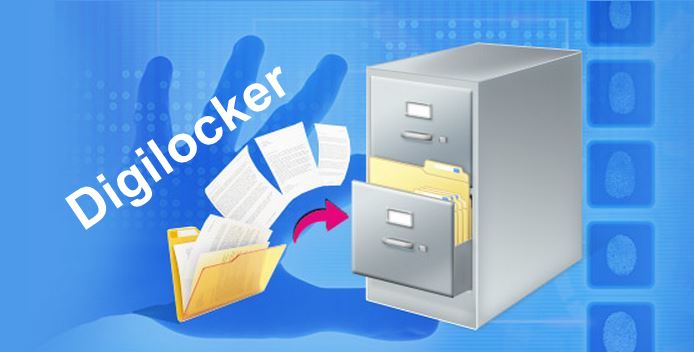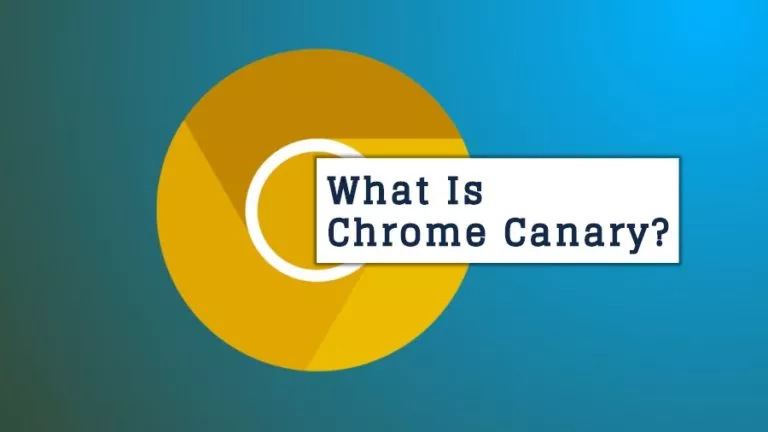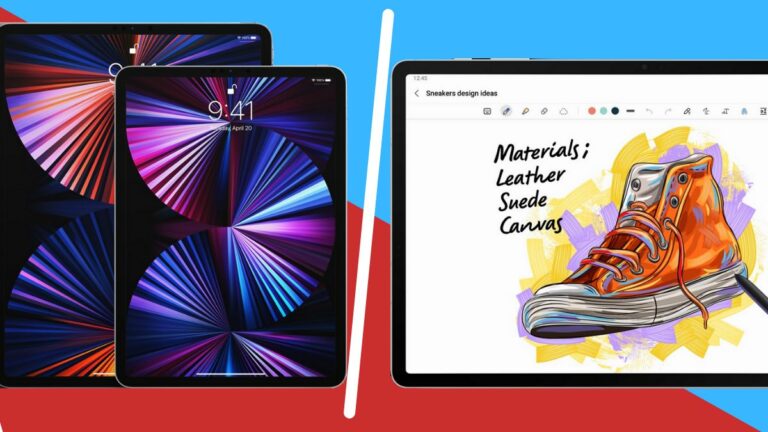A Guide To Indian Internet Rules 2021: Privacy, Intermediary, Traceability Explained
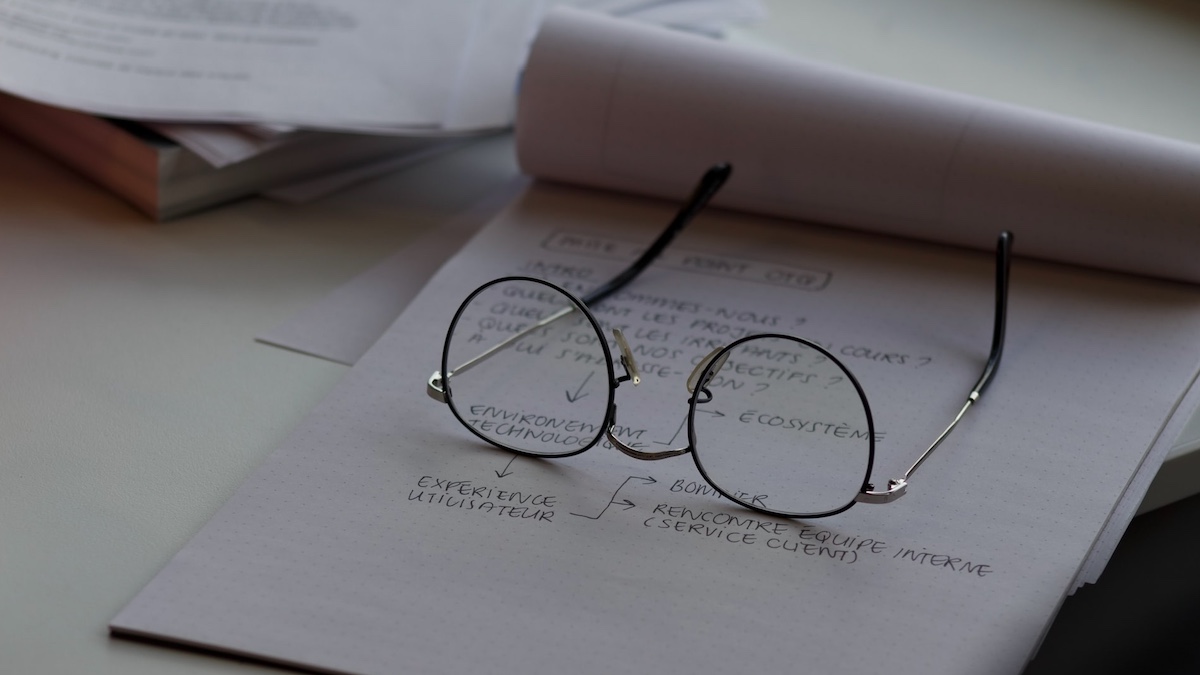
The Indian IT Rules 2021 are in force and the government has told social media to follow them. However, there’s a lot in the rules that needs to be clarified. We have intermediaries, privacy concerns, traceability and encryption issues, and basically a plateful in hand.
So keeping things simple, here’s a guide to the Indian IT Rules 2021, explaining intermediaries, privacy, traceability, and how the new IT rules will affect you.
What Will Change After The IT Rules 2021?

These rules affect practically everyone living with an online presence in India. They’re primarily applicable to social media sites, messenger apps, news portals, and OTT platforms like Netflix and Amazon Prime Video.
Once they come into full effect, each of these service providers will have to maintain a grievance redressal mechanism in India. This mechanism will be headed by the Ministry of Electronics and Information Technology (MeitY) and the Information and Broadcast Ministry in some cases.
Other than that, the government wants social media to keep a track of its users and share the data with the government when asked. In our guide to IT rules 2021, we’ve covered the basic terms that you need to know to understand the rules better.
What Is An Intermediary?
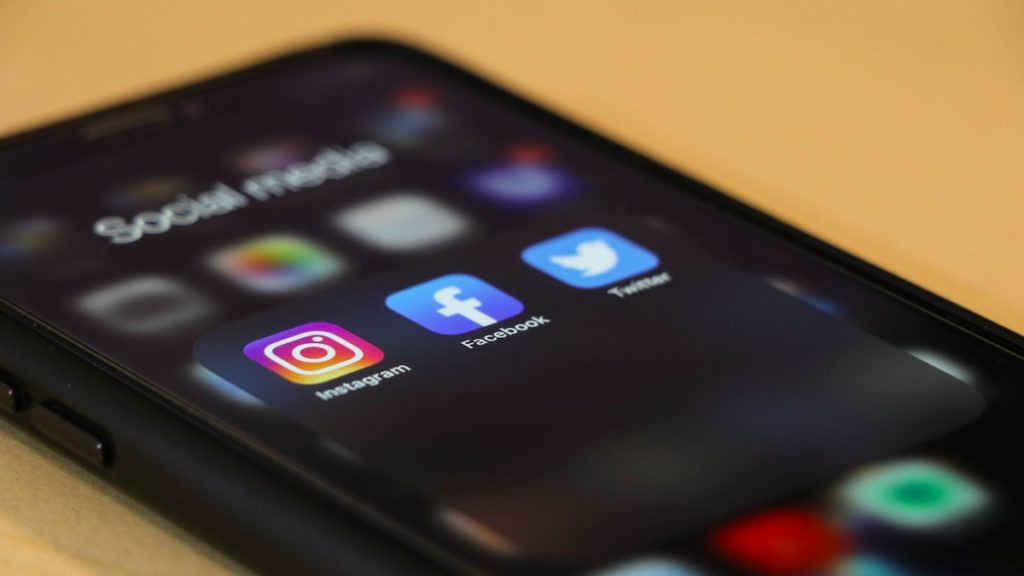
Intermediary status is given to social media sites under the IT Act 2000. It defines social media as a person who receives, stores, and transmits content on behalf of another person. Section 79(1) of the act saves intermediaries like Twitter and Facebook from being held responsible for content posted by others.
How Do The Indian IT Rules Impact Intermediaries?
In the new IT rules, Rule 7 takes away this protection. It says that if an intermediary (Facebook, Twitter, WhatsApp, etc.) fails to observe the rules, their protection will be taken away and they’ll be tried in court. If they lose, the Facebook and Twitter ban might as well become reality.
Now Facebook has about 290 million users in India, and Twitter has over 175 million users. If they are to play by the new rules, we’re basically blaming Facebook and Twitter for anything that anyone says. Also, if Facebook, Twitter, and others comply, it means tighter surveillance on users to save their own necks.
For example, the government recently asked Twitter to block a number of accounts, including that of Caravan magazine, and some opposition leaders. Twitter refused to comply because the accounts didn’t violate any guidelines. However, with the new rules in effect, Twitter can be held responsible for non-compliance if it doesn’t act on government orders.
Intermediaries also include platforms like Netflix, so once the rules are in effect, the Information and Broadcasting Ministry may regulate Netflix. While Netflix and 14 other streaming platforms signed self-regulation code in India, they’ll still have to accept the government oversight.
What Is Traceability?
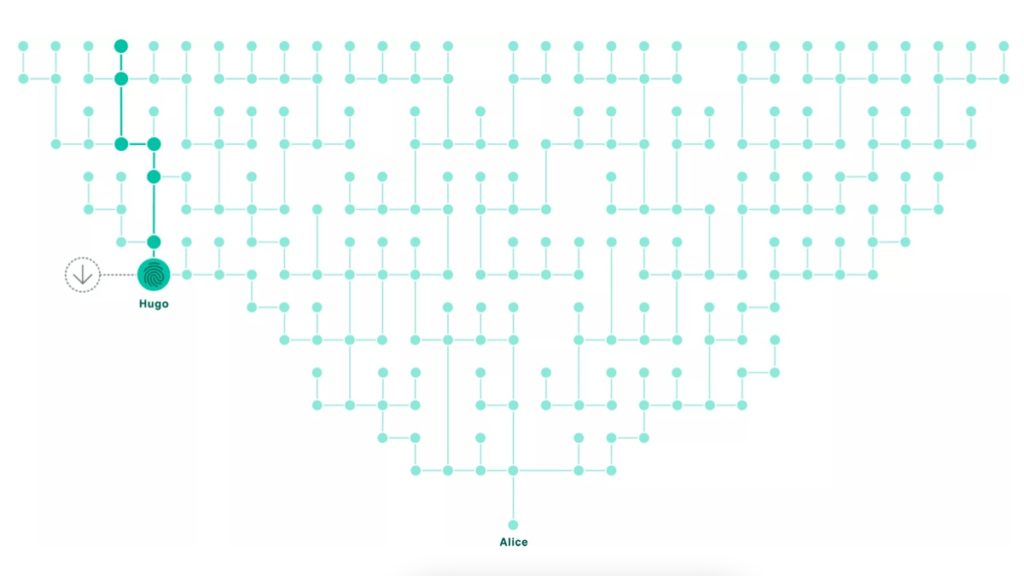
We’ve previously written about the myths and facts of traceability in detail. The Indian IT rules 2021 make it necessary for intermediaries to track the originator of a message. In this case, the biggest intermediary is WhatsApp, which has over 500 million users in India.
Now taking forward the WhatsApp example, the government wants it to trace the origin of a message when asked. To do this, WhatsApp says it’ll have to compromise the end-to-end encryption, which is one of its key features.
WhatsApp has sued the Indian government, challenging this particular rule. While the government debates that you don’t need to worry, you should know that if the government can trace messages, they’re also opening a backdoor for hackers and privacy threats.
What About Privacy In Indian IT Rules 2021?
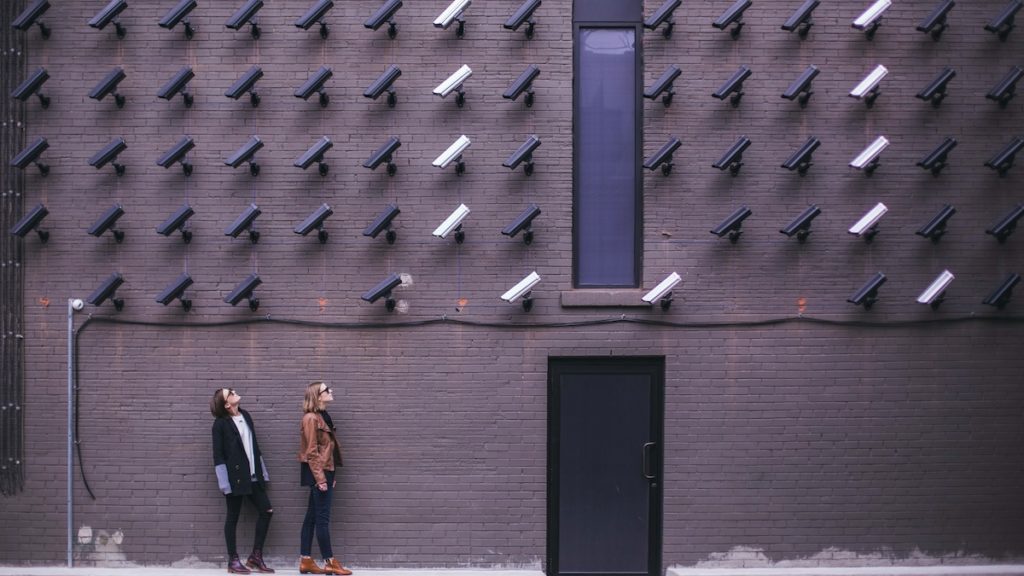
Almost all of the privacy-focused organizations have expressed their views against the new IT Rules 2021. It is so because these rules are asking companies to actively keep a track of every user. While you may not see it in your daily usage, it affects the way Facebook, Twitter, and others let you post things.
What Changes For Your Privacy After IT Rules?
When these rules are working, you’ll notice changes in your social media usage. Firstly, you’ll see at least one email per year, telling you to adhere to the guidelines. You’ll also be notified more frequently if your posts violate any of the platform’s or the government’s guidelines.
These being the usage changes, your privacy will change with respect to traceability. As explained above, traceability gives the government more direct control over what floats on social media. It also gives the state a backdoor into knowing who you talk to.
Indian IT Rules Roundup: It Feels Like We Only Go Backwards
Yes, I’m vaguely referring to the Tame Impala song here. It feels like we only go backwards because we’re doing just that.
On one hand, when you look at the European GDPR or the recent CCPA banning dark patterns, you’ll notice that the world is going towards tighter data regulations.
On the other hand, these new rules increase data collection and also weaken privacy measures like end-to-end encryption. If that’s not alarming enough, you might want to look at some stupid things that the Indian government asks social media to do.
These rules ask intermediaries to collect more data about you and give the government absolute control over the content in the name of national security. My doubt isn’t newfound or out of the blue, I have some numbers to back it.
In India, internet shutdowns are a modern-day emergency. In 2019, more than 70 out of 90 internet shutdowns were preventive in nature. Then there’s the recent government of India vs Twitter fiasco.
The Indian government also sent over 40,000 user data requests to Facebook, out of which only 52% were honored. Lastly, there are the 190 people that were sued for sedition in 2018, out of which only 2 were convicted.
Add the numbers yourself and you can blame the government for grossly mishandling the internet and social media. Yes, companies like Facebook and Google need government oversight because of the volumes of data they collect, but it shouldn’t come at the cost of more restrictions and backdoors for the government.
If we are to make new internet rules, they should address data protection, strong privacy, and more understandable privacy policies. Food for thought, the top countries with government control over the internet are also the top countries with internet censorship.

